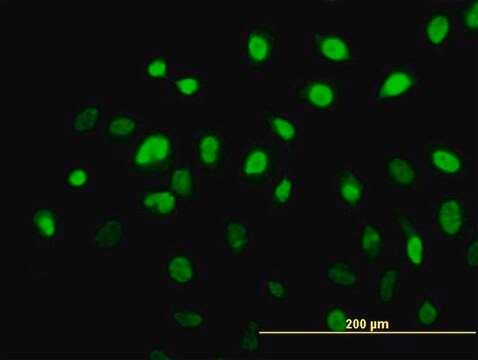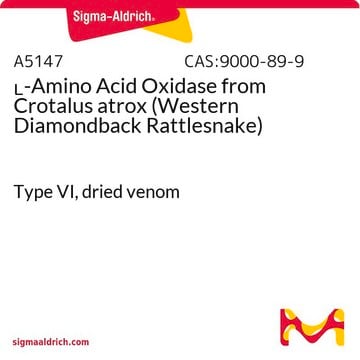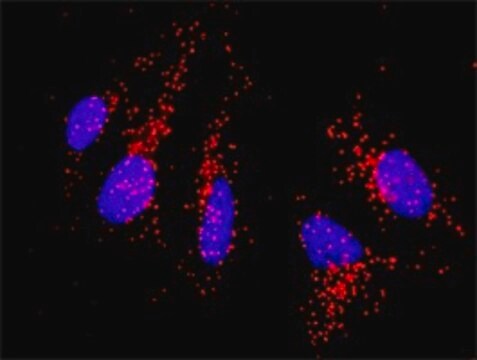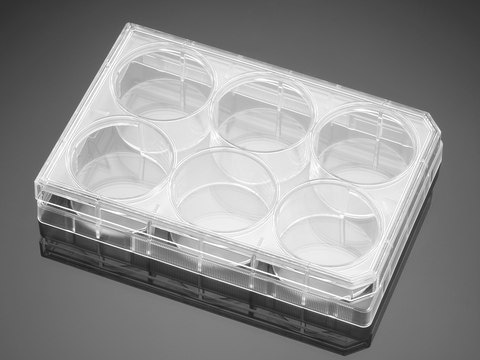MABN1537
Anti-TDO2 Antibody, clone 7A6.1
clone 7A6.1, from mouse
Synonym(s):
Tryptophan 2, 3-dioxygenase, TDO, TO, TRPO, Tryptamin 2, 3-dioxygenase, Tryptophan oxygenase, Tryptophan pyrrolase, Tryptophanase
About This Item
Recommended Products
biological source
mouse
Quality Level
antibody form
purified immunoglobulin
antibody product type
primary antibodies
clone
7A6.1, monoclonal
species reactivity
human, mouse
technique(s)
immunohistochemistry: suitable (paraffin)
western blot: suitable
isotype
IgG2aκ
NCBI accession no.
UniProt accession no.
shipped in
wet ice
target post-translational modification
unmodified
Gene Information
human ... TDO2(6999)
General description
Specificity
Immunogen
Application
Quality
Western Blotting Analysis: A 1:500 dilution of this antibody detected TDO2 in 10 µg of mouse liver tissue lysate.
Target description
Physical form
Other Notes
Not finding the right product?
Try our Product Selector Tool.
Storage Class Code
12 - Non Combustible Liquids
WGK
WGK 1
Flash Point(F)
Not applicable
Flash Point(C)
Not applicable
Certificates of Analysis (COA)
Search for Certificates of Analysis (COA) by entering the products Lot/Batch Number. Lot and Batch Numbers can be found on a product’s label following the words ‘Lot’ or ‘Batch’.
Already Own This Product?
Find documentation for the products that you have recently purchased in the Document Library.
Our team of scientists has experience in all areas of research including Life Science, Material Science, Chemical Synthesis, Chromatography, Analytical and many others.
Contact Technical Service








